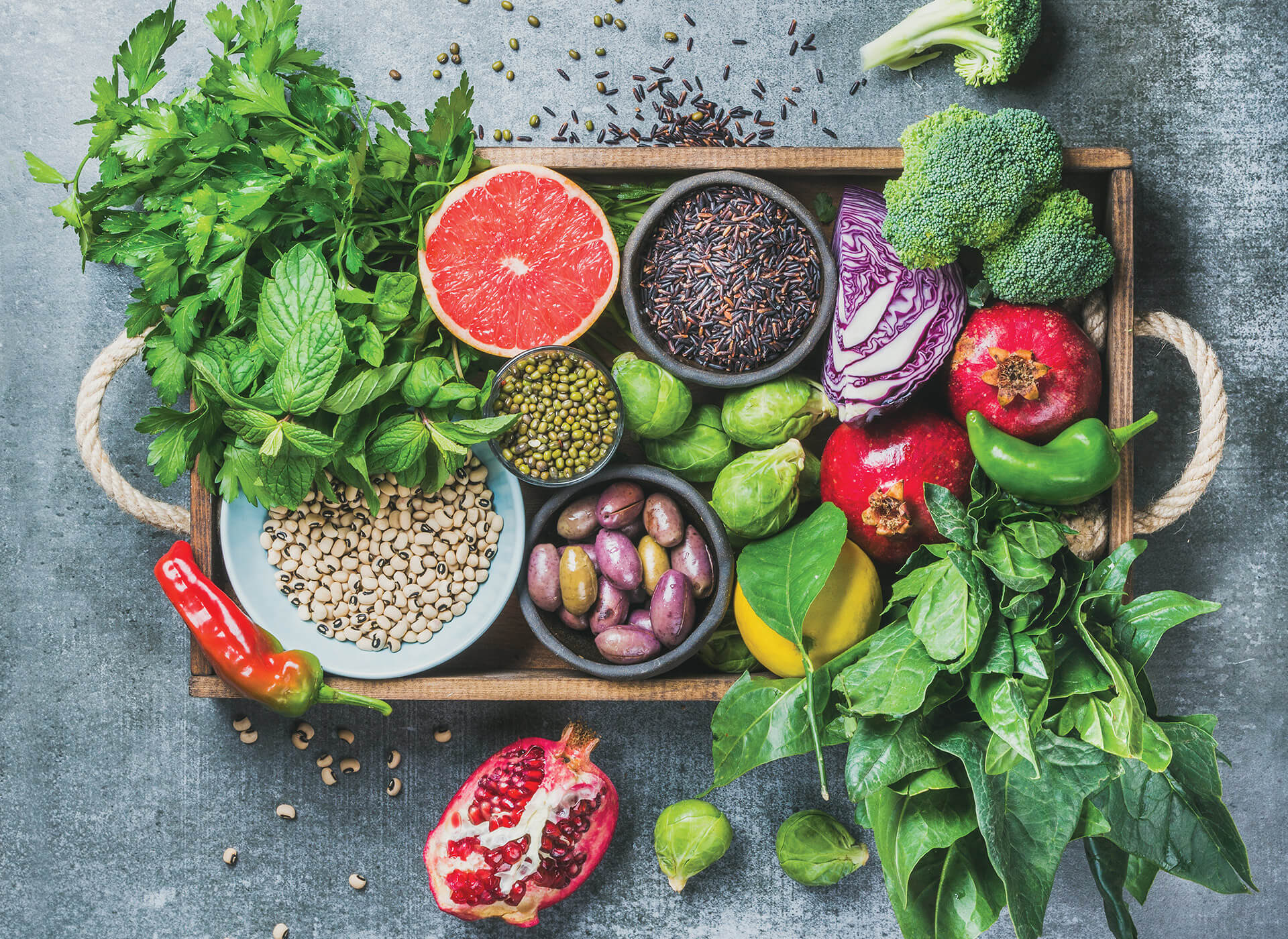
Tips for making mindful meal planning simple for the whole family
Like many of my generation, I’m guilty of undervaluing food. I shop and cook on impulse, almost always braving the store without my shopping list. This means that I not only throw out a lot of food but end up back at the supermarket at least every second day looking for items I’ve forgotten. On days that new parent exhaustion gets the better of me, with a few taps on my phone, I can have a restaurant-quality meal delivered to my door within minutes. This lackadaisical attitude towards food is a privilege much of the world’s population doesn’t enjoy.
While I’m busy discarding the contents of my fruit and veggie drawer each week, 700 million people globally are experiencing severe food insecurity. Taking the time to understand the magnitude of Australia’s food waste problem changed my habits as effectively as the plastic bag ban. Food waste charity OzHarvest estimates Australians throw out $3,800 worth of groceries annually (effectively, 1 in 5 shopping bags of food ends up in landfill). If you’re anything like me, you were so busy patting yourself on the back for forgoing plastic straws and single-use water bottles, you overlooked the humble power of mindful meal planning.
Save the planet… and your dollars
What’s so bad about filling your bin with food scraps? Annika Scott, sustainability strategist at OzHarvest explains, “When food ends up in landfill, it rots and releases methane – a greenhouse gas 21 times stronger than carbon dioxide – which contributes to global warming. The issue is so prevalent that if food waste were a country, it would be the third largest emitter of greenhouse gases after China and the US.” Besides this, Scott reminds us that when we waste food, we are also wasting resources – the land, water, labour and love used to grow the food we purchased. “For example,” she says, “throwing away one burger is the equivalent of leaving the shower running for 90 minutes.” Reforming our wasteful ways is worthwhile and easier than it seems. It’s also the third-most effective way we can tackle climate change.
Join the clean plate club
The benefits of mindful meal planning extend beyond the planetary. Since I stopped cooking – and buying – food on autopilot, our budget stretches further. I don’t spend all day deciding what’s for dinner and less of my free time is spent at the supermarket picking up the one item I needed – and the ten items I didn’t. It’s how our grandparents and parents ran their homes and if an eco-sinner like me can change my ways, anyone can. It’s time to join the clean plate club.
How to practice mindful meal planning
With some guidance from OzHarvest, here’s how I embrace mindful meal planning:
Never shop without a list
- Head to your fridge or cupboard before you head to the store and take stock of what you have (including cleaning and personal care products), checking use-by dates.
- Keep a running list. I use a whiteboard in my pantry and on my fridge where I list essential ingredients I need to replenish.
- Don’t leave for the store without a shopping list. No more ‘winging it’ through the aisles, relying on your sleep-deprived brain.
- Only buy what you can guarantee you’ll use, even if that means resisting bulk-buys and multi-buy specials. ‘Buy one, get one free’ is only a good deal if it doesn’t end up in the bin!
Always have a menu
- I prefer a flexible menu, planning five dinners for the week that I cook when I feel like it. I deliberately leave room for take-away, social meals and easy nights (breakfast for dinner is a thing, right?).
- Use a meal prep strategy. My favourite is double-duty dinners. It works like this: you make a base meal one night and then reimagine it for the following evening. For example, mince tacos can become Mexican jacket potatoes. It’s batch-cooking without the monotony.
Shop once per pay cycle
- Plan well. If you write a menu and use a list, there’s no reason you can’t reduce your grocery store trips to once per pay.
- Discipline is key. Resist the urge to return to the store for forgotten items. Instead, be creative and find substitutes from the ingredients you already have. Google is your friend!
Practise proper food storage
- Refrigerate your produce in airtight containers at the correct temperature and they’ll stay fresher for longer.
- Make the most of fruit and veg threatening to spoil. Over-ripe bananas make the best banana bread, veggies can be made into stews or frozen for later use.
Rediscover the joy of cooking
- Plan a day once a month to cook as a leisure activity. Make bread from scratch or cook your grandmother’s apple crumble. Get the kids involved and have fun! Occasionally forgo your modern gadgets (I’m talking about you, Thermomix) and improve your cooking skills. It’ll reconnect you to gratitude for our modern conveniences and you’ll be less likely to waste the fruits of your labour!























